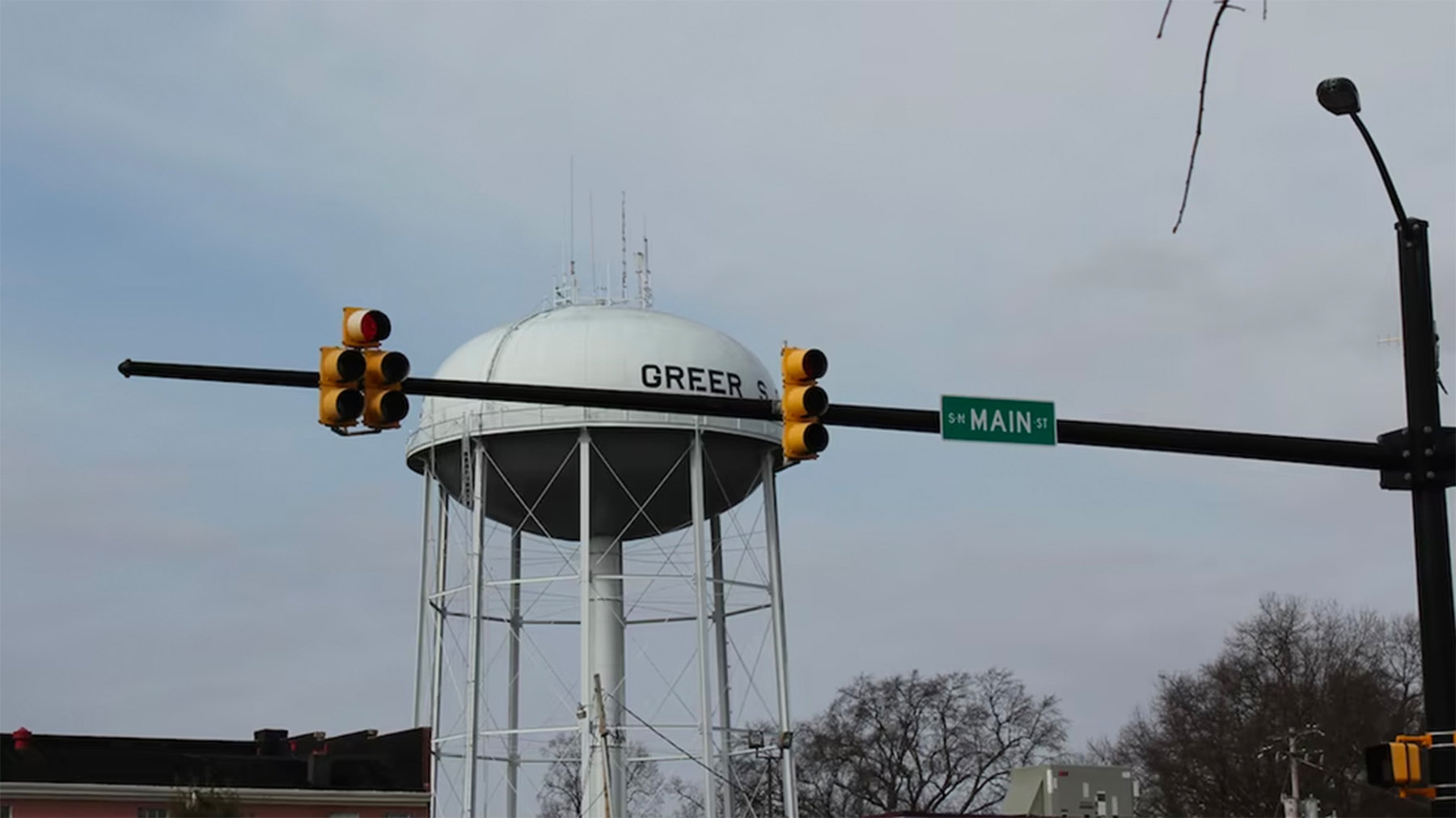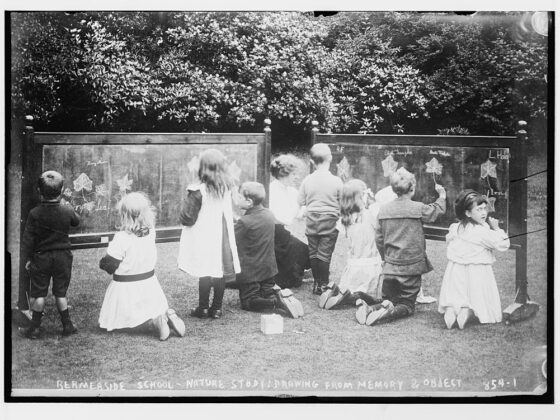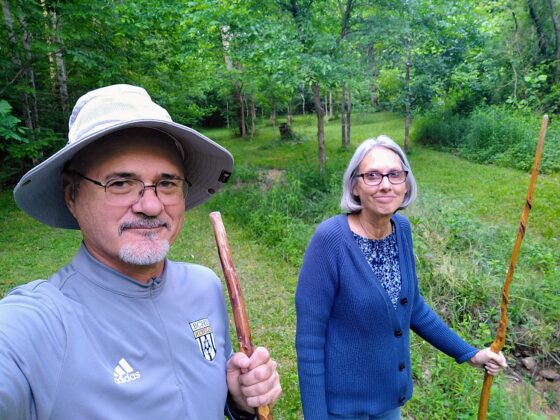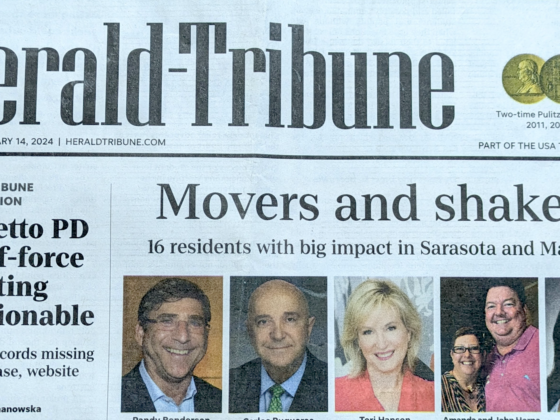The photo above is from the small South Carolina city of Greer, which is midway between Greenville and Spartanburg and whose downtown-revitalization efforts I mention briefly in my article in our current issue. I will be reporting on Greer soon, and I mention it now as segue to three updates:
1) Are small towns “virtuous”? Not really. But they can be effective. Most of this article is about the specific ways in which some cities we’ve visited have addressed their civic problems, improved their economic prospects, and overall made themselves more attractive places to live. Those specifics matter, and as a relative newcomer to the thriving and crowded field of city-improvement studies (of which Atlantic Cities is an excellent chronicler), I’ve been fascinated by the ways in which successful tactics spread.
But there is a general point I consider increasingly important, so let me hammer it home once again. It’s this, which contrasts our willed, structural paralysis in presidential-congressional politics which what is feasible elsewhere:
Once you look away from the national level, the American style of self-government can seem practical-minded, nonideological, future-oriented, and capable of compromise. These are of course the very traits we seem to have lost in our national politics.
The sappy version of appreciating smaller-town effectiveness is the idea that away from the metropolis, people are nicer, more generous, godlier, and so on. I don’t buy it. People are people. Romanticizing small-town virtue is like imagining that the reason Western research centers produce so many Nobel prize winners, and Chinese ones so few (none), is that Americans are more “creative”—as these same Chinese researchers miraculously become when relocated from Tsinghua to Berkeley. The real explanation in these cases, I think, is institutional: incentives reward people for getting things done at a local level, and often for not doing so at the national level.
As another smaller-town mayor I quoted in the story, Don Ness of the (wonderful) town Duluth, Minnesota, put it:
“Being a mayor, especially in a ‘strong mayor’ city system, gives you tremendous opportunities… It’s a job that requires—and allows—you to create and implement a tangible agenda. You can carry that out in a way that most positions in American politics just don’t permit.”
That’s true. And since we also need a functioning national government, it raises questions about how we could change the rules and incentives there.
2) Greenville City, Greenville County, and Martin Luther King. I mention in my article that Greenville County was the last one in South Carolina, which itself was the last state in the union, to observe Martin Luther King’s birthday as a holiday. I also quoted this reader on its racist past—and since have heard from many current residents, black and white, about changes since then. The longtime mayor of Greenville, Knox White, who is one of the protagonists of my story, writes in with this clarification about the holiday:
I see that a former county council’s public foot dragging on MLK came up. The City long, long ago declared a holiday and when the county council did not follow suit the perpetrators were all swept from office in the next election. Most were defeated in the GOP primary.
Indeed there are important political and demographic differences between the city of Greenville and surrounding Greenville County. Like most cities compared with their rural areas, the city is politically more liberal. For instance, Mitt Romney trounced Barack Obama county-wide in Greenville, but the race was very close within the city. I take the mayor’s point.
3) Lake Monsters and Reds. My article points out that civic leaders in Greenville made a big push to build a downtown stadium for their minor-league baseball team, the Red Sox-affiliated Drive. (Named, it appears, for the local BMW and Michelin plants.) And Senator Bernie Sanders, in his days as a crusading mayor of Burlington, Vermont, made a big push to get a stadium for their minor-league team, which was then Cincinnati Reds-affiliated and was called the Vermont Reds. They have since left and are now known as the Akron Rubber Ducks.
As anyone who has been to Burlington knows, the team that plays there now is called the Vermont Lake Monsters—logo below. Through an in-house jumble, we said that the local team “is called” the Reds, rather than “was called,” thus presenting the name of the team Sanders brought in as if they were still there under current mayor Miro Weinberger.
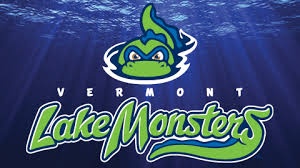
Sorry for the mix-up. Mayor Sanders cheered for the Reds-affiliate Vermont Reds; Mayor Weinberger, for the A’s-affiliate Lake Monsters. Go team(s).

